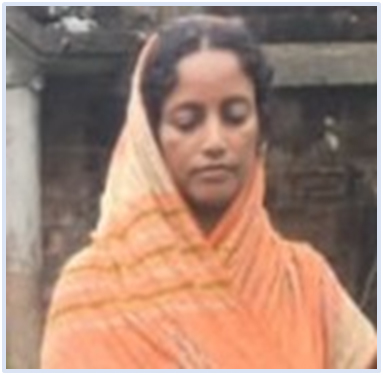New Hope

New Hope
Mrs. Jyotsna Kanp’s achievement in raising country chickens has made a notable difference in the village of Shibrampur.
Jyotsna Kanp, a woman hailing from a disadvantaged family, resides with her two children in Shibrampur village, located in the Namkhana Block, while her husband is employed as a migrant laborer in Kerala. To provide for her family, she initially started with a poultry farm focusing on broiler and Kuroiler chickens.
Upon joining this development initiative, she underwent training in poultry farming and learned about the advantages of raising Natukodi (country chicken) breeds. In contrast to broilers and Kuroilers, which necessitate a standard diet comprising corn, soybean meal, and various grains, along with supplements of vitamins A and K, and minerals such as calcium and phosphorus, these chickens also require constant access to food and water. Furthermore, they need a range of medications and supplements throughout their lifespan, including coccidiostats, antibiotics, vitamins, and minerals, in addition to regular vaccinations. Clean water and proper sanitation are also essential for their well-being. Notably, while the aforementioned variety lays approximately 100 eggs annually, Natukodi chickens:
| Produce up to 300 eggs each year |
| Are in high demand for their eggs and meat, commanding better market prices |
| Require minimal investment, thriving on household scraps and locally sourced food |
By transitioning to Natukodi chicken farming, Jotshna’s monthly income surged from ₹3,000 to ₹9,000. She is now able to meet all her family’s needs, including educational costs for her elder son and medical expenses and nutrition for her 1.5-year-old son.
Jyotsna conveyed her sincere appreciation to PUS for the sensitization training.
In addition to the aforementioned significant change narrative, the project facilitates the implementation of meaningful changes for over 1000 families within the operational areas of the project.




